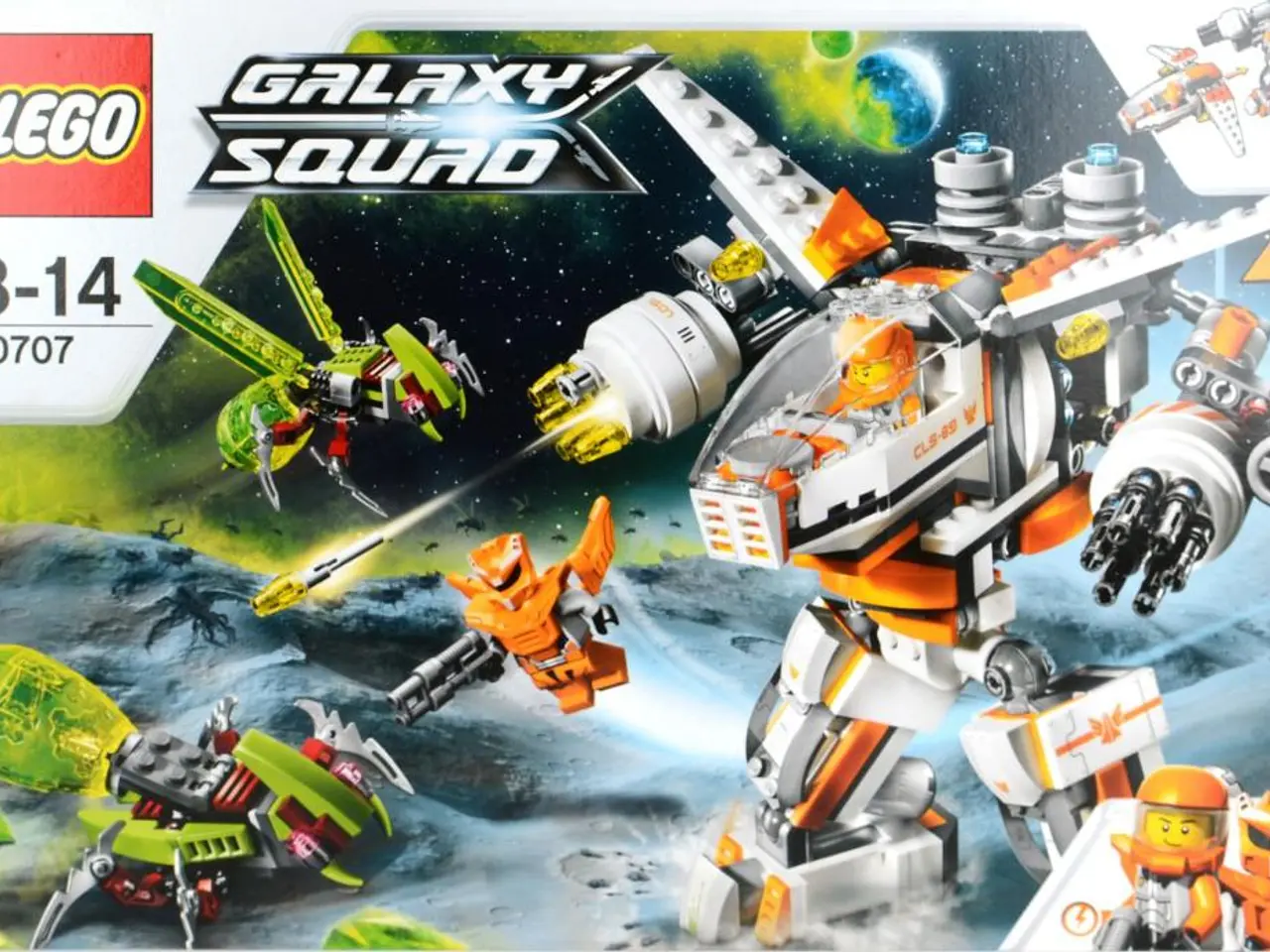NASA and Google collaborate to develop an AI-based medication assistant for addressing astronauts' health issues during space missions
In the realm of space exploration, the challenges of providing medical support to astronauts on long-term missions have always been significant. As NASA prepares for its Artemis program and future missions to Mars, the need for innovative solutions has never been more pressing.
Currently, astronauts undergo general medical training that includes cardiopulmonary resuscitation (CPR), behavioural health, basic first aid, and the use of medical kits. However, for missions beyond low Earth orbit (LEO), such as to the Moon or Mars, the communication delays can reach up to 10 seconds for the Moon and up to 40 minutes for Mars, making real-time consultation with Earth-based doctors impossible[1][3].
To address these challenges, NASA and Google are collaboratively developing an AI-powered medical assistant called the Crew Medical Officer Digital Assistant (CMO-DA). This system is designed to help astronauts autonomously diagnose and treat medical issues during deep-space missions where immediate Earth support is unavailable[1][2][3][5].
The CMO-DA leverages Natural Language Processing (NLP) and machine learning trained specifically on spaceflight medical literature. It can process multimodal inputs such as speech, text, and medical scans, and provides real-time clinical decision support to assess symptoms, suggest diagnoses, and recommend treatment steps autonomously[2][5]. The technical backend runs on Google Cloud’s Vertex AI for scalable and reliable AI computations.
The AI assistant aims to bridge the critical gap caused by communication delays, offering medical autonomy and safety to astronauts who may not have extensive medical training themselves. This is especially important given that emergency evacuation to Earth could take weeks to months, depending on the destination[1][5].
Onboard medical support for missions outside of LEO will need to be "substantially more robust" than on the ISS. Astronauts on the ISS currently have access to a "robust pharmacy" and medical equipment. However, for missions beyond LEO, the medical system would need to make accurate diagnoses and anticipate the questions of specialists on the ground to limit the need for repeated back and forth exchanges[6].
The early results for the proof-of-concept project showed reliable diagnoses based on reported symptoms. The AI tool will support flight surgeons with data and predictive analytics to aid their decision-making. Google is working with doctors to test and refine the AI model[4].
As NASA's Artemis program and planned Mars missions push the boundaries of human space travel, the CMO-DA is becoming increasingly important. The AI digital assistant will give detailed diagnoses and treatment options when astronauts have limited contact with their teams on Earth. This technology is a significant step towards ensuring the safety and well-being of astronauts as they venture deeper into space[1][2][3][5].
[1] NASA and Google Collaborate on AI Medical Assistant for Space Missions, NASA, www.nasa.gov [2] Google AI to Help NASA Diagnose and Treat Astronauts in Space, Google Blog, blog.google [3] Communication Challenges in Deep-Space Missions, NASA, www.nasa.gov [4] Google and NASA Partner to Develop AI for Space Medicine, TechCrunch, techcrunch.com [5] The Future of Astronaut Medical Support: AI-Powered Autonomy, NASA, www.nasa.gov [6] Medical Challenges for Long-Duration Space Missions, NASA, www.nasa.gov
- In the future of space exploration, NASA's Artemis program and missions to Mars will rely heavily on innovative technologies like the Crew Medical Officer Digital Assistant (CMO-DA), an AI-powered medical assistant designed to assist astronauts in diagnosing and treating medical issues autonomously during deep-space missions.
- The development of health-and-wellness technologies, such as the CMO-DA, is crucial in the realm of space-and-astronomy, as it addresses the medical-conditions challenge that arises from communication delays beyond low Earth orbit (LEO), offering astronauts enhanced safety and autonomy in a field where immediate Earth support is sparse.




